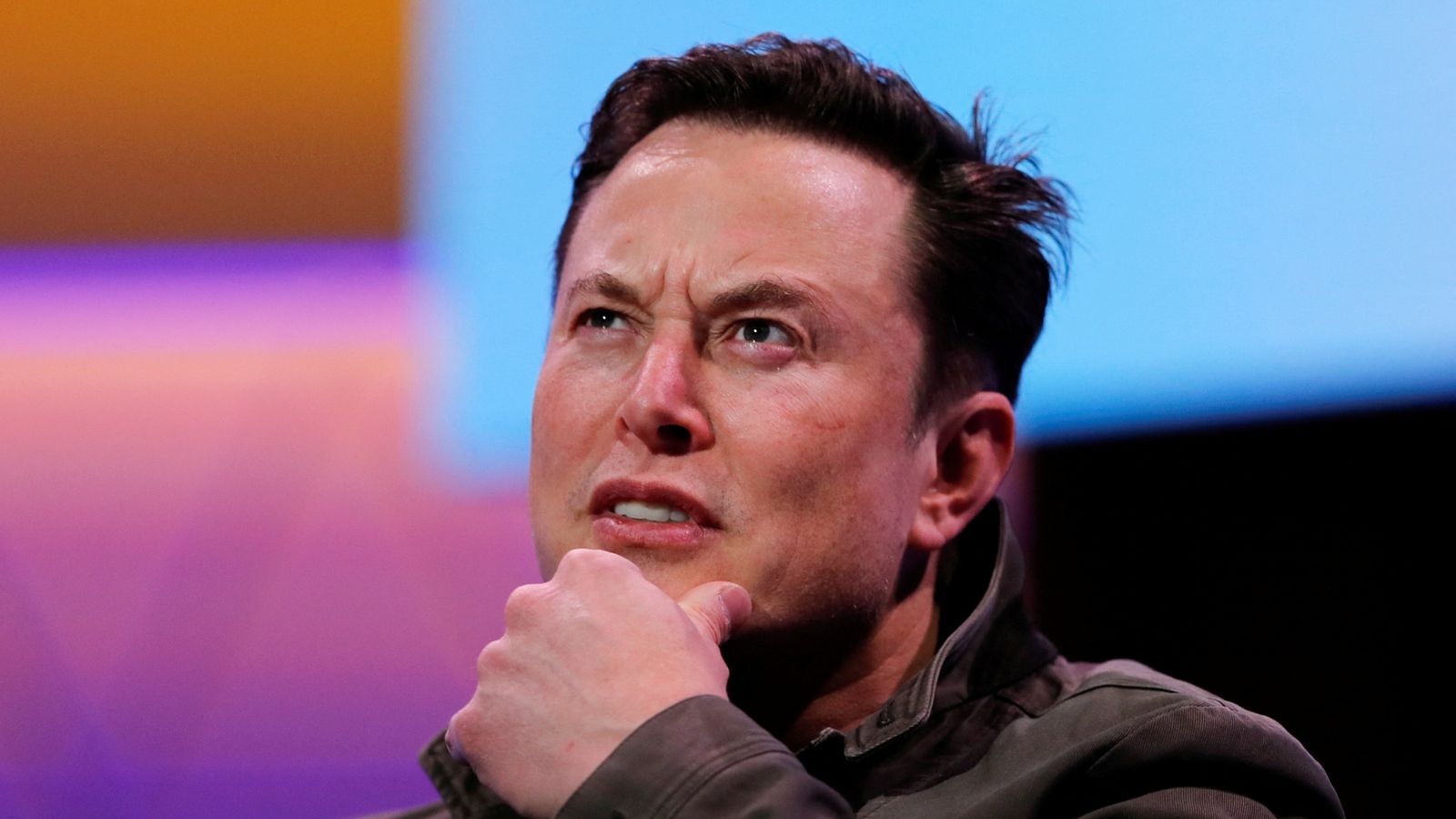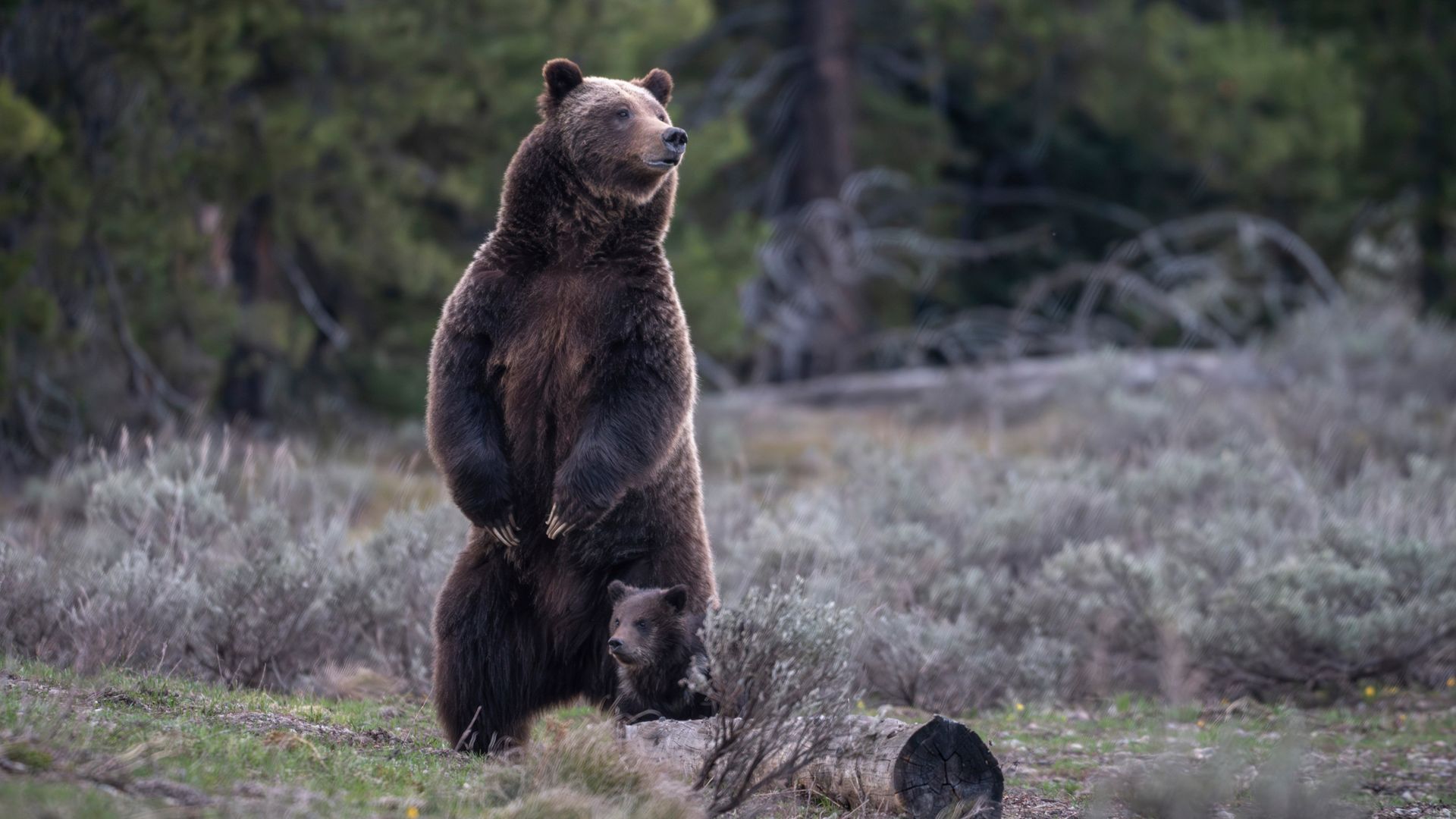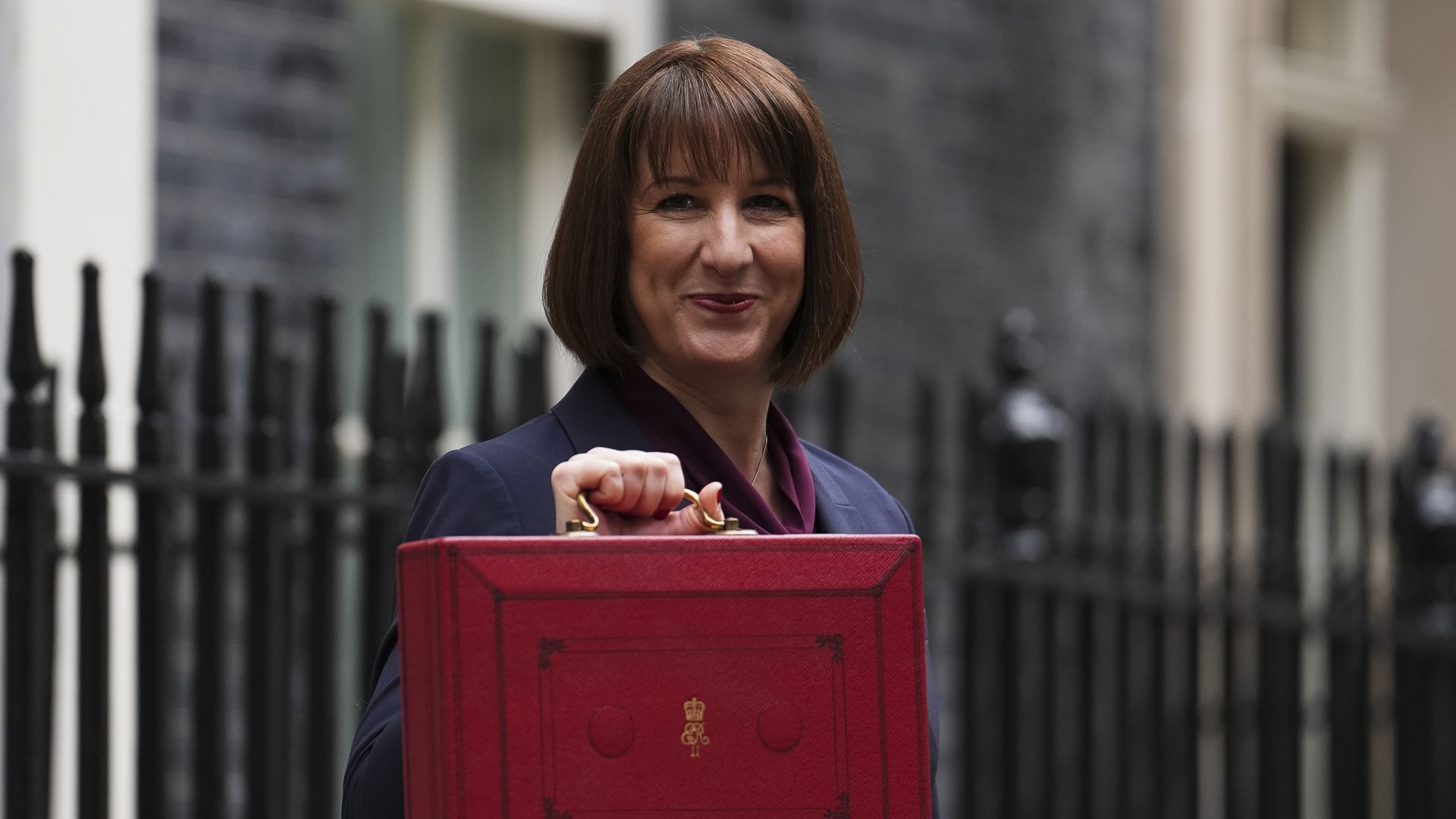Elon Musk has suggested making Taiwan a “special administrative zone” similar to Hong Kong, just days after floating a “peace plan” he said could end Russia’s invasion of Ukraine.
Musk – who is the world’s richest man – said tensions between China and Taiwan could be resolved by handing over some control of Taiwan to Beijing.
“My recommendation… would be to figure out a special administrative zone for Taiwan that is reasonably palatable, probably won’t make everyone happy,” he told the Financial Times.
The 51-year-old was responding to a question about China, where his electric car company Tesla operates one of its super factories in Shanghai.
Read more: Future Wars US / China war
An island of 23 million people, 112 miles off the coast of China, Taiwan declares itself an independent, democratic country with its own leader, constitution, political system and military.
However, Beijing sees Taiwan as a breakaway province of China that will eventually come back under its control – by force if necessary.
Elon Musk’s Twitter deal is back on – but will he back out for a second time?
Elon Musk’s Twitter deal back on – and he says it’s the path to creating ‘everything app X’
Elon Musk debuts Tesla’s first humanoid robot with eye on mass market
Musk, who has long taken a softer stance towards the Chinese government than towards authorities in the US, went on in his interview: “And it’s possible, and I think probably, in fact, that [Taiwan] could have an arrangement that’s more lenient than Hong Kong.”
China has offered Taiwan a “one country, two systems” model of autonomy similar to what Hong Kong has, but that has been rejected by all mainstream political parties in Taiwan and has no public support.
In 2020, Beijing imposed a tough National Security Law in Hong Kong.
Taiwan’s Foreign Ministry have declined to comment on Musk’s comments.
Wang Ting-yu, a senior lawmaker for Taiwan’s ruling Democratic Progressive Party who sits on his parliament’s foreign affairs and defence committee, hit out at Musk on his Facebook page.
He wrote: “Individual independent companies cannot take their ownership as a joke. So why should they casually pass off the democratic freedoms, sovereignty and way of life of 23 million Taiwanese? It’s not acceptable for Ukraine, and Taiwan certainly won’t allow it.”
A senior Taiwanese official familiar with security planning in the region told Reuters under agreement of anonymity that “Musk needs to find a clear-headed political adviser.
“The world has seen clearly what happened to Hong Kong… their economic and social vibrancy abruptly ended under Beijing’s totalitarian rule.”
When asked about Musk’s comments, Chinese foreign ministry spokesperson Mao Ning said Taiwan was a “domestic affair”, adding that Beijing would continue to adhere to the principle of peaceful reunification while “resolutely smashing” Taiwanese separatism.
Musk has two super factories in the US – in Nevada and New York – and two overseas in Shanghai, China and Berlin, Germany.
The Shanghai factory accounted for about half of Tesla’s global deliveries last year.
Musk said he thought conflict over Taiwan was inevitable and warned of its potential impact on not only Tesla, but also on iPhone maker Apple Inc and the wider economy.
Around 30 companies in Apple’s supply chain have factories in Shanghai.
Musk has also said China sought assurances that he would not offer the Starlink internet service of his SpaceX rocket company there.
Earlier this week, Musk provoked outrage after posting a Twitter poll inviting his 107.7 million followers to vote on a suggested “Ukraine-Russia Peace plan”, which included permanently ceding Crimea to Russia.
He said new referendums could be held under UN supervision to determine the fate of Russian-controlled territory, and that Ukraine agree to neutrality.
This drew sharp criticism from Ukrainian President Volodymyr Zelenskyy, who proposed his own Twitter poll: “Which @elonmusk do you like more? One who supports Ukraine (or) one who supports Russia.”
Twitter is currently suing Musk after he reneged on a $44bn (£39.6bn) deal to buy the social media platform. The trial is set to begin on 17 October.












